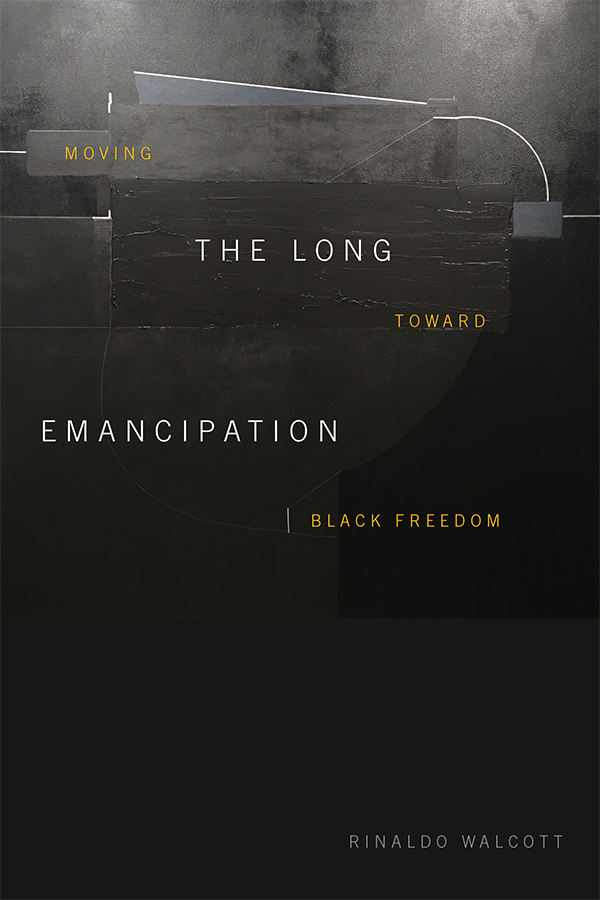Recent calls to “defund the police” have seen a plethora of movements decry state funds allocated to the police and ask that those funds be placed elsewhere. In this article, we return to Michel Foucault to analyze how calls for rebalancing budgets away from the police force and towards social projects both rely on political categories established in Foucault’s work and encapsulates an aporia that emerges through them. Locating shifts towards the carceral in the context of European modernity, Foucault suggests that policing moves away from the spectacular torture and punishment of sovereign and state and towards technologies of power that proliferate across the social body. Here, we suggest that in this movement between sovereignty and power emerges a central tension that Foucault is incapable of resolving—between an exteriorized sovereignty (death) that necessarily appears at the extreme limits of power (life)—which threatens to destabilize the domain of power altogether. Race—as it appears in the European frame and reaching a zenith in Nazi Germany—encapsulates Foucault’s attempted mitigation. If anything, this exacerbates the problem by rendering the terms of inclusion in the domain of power (of making life live) incoherent. To see why, we go on to show how freedom from racial slavery—as space of incapacity—is the conduit through which entry is possible into the differentiated power that supposedly limits the social. But as such, the slave precisely indexes the aporia for Foucault that cannot be sutured. The implications of this can be seen in the calls to defund the police insofar as it implicitly repeats Foucault’s shift from police to social power.
Keyword: freedom
The Black Shoals Dossier
This dossier collects four reflections on The Black Shoals: Offshore Formations of Black and Native Studies (2019) with responses by its author Tiffany Lethabo King. This dossier is based on an American Studies Association 2021 roundtable organized by Beenash Jafri.
Review of The Long Emancipation: Moving Toward Freedom by Rinaldo Walcott (Duke University Press)
In The Long Emancipation: Moving Toward Freedom, Rinaldo Walcott argues, through the use of short essays, that the Black experience can be understood through the lens of the constant struggle for emancipation. For Walcott, true freedom for Black people was never attained with emancipation and in fact, emancipation is still an ongoing process. Each chapter interrogates an aspect of Black life and death that according to Walcott create the space for Black freedom to exist.


